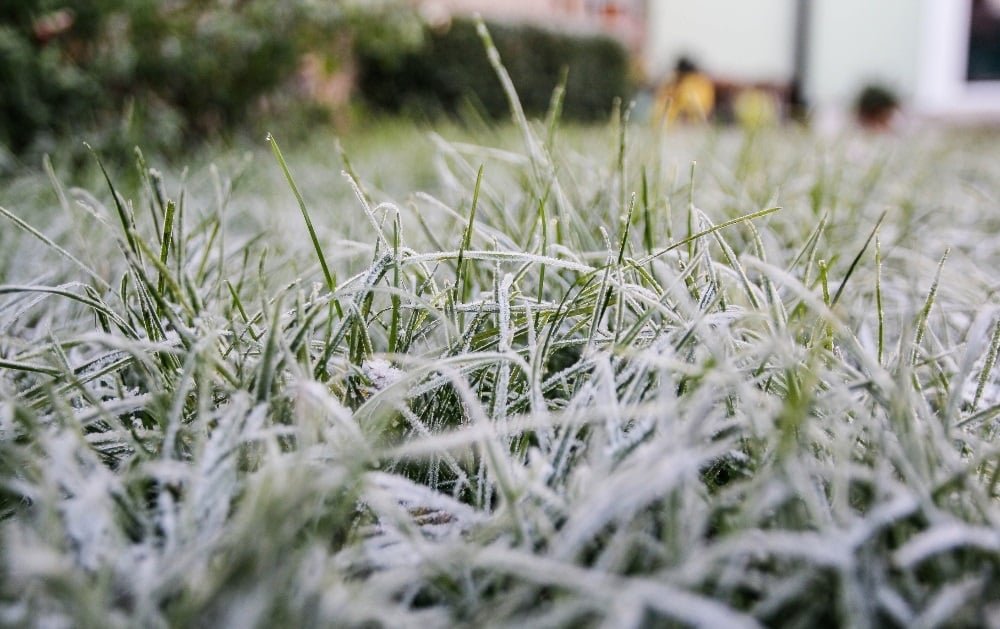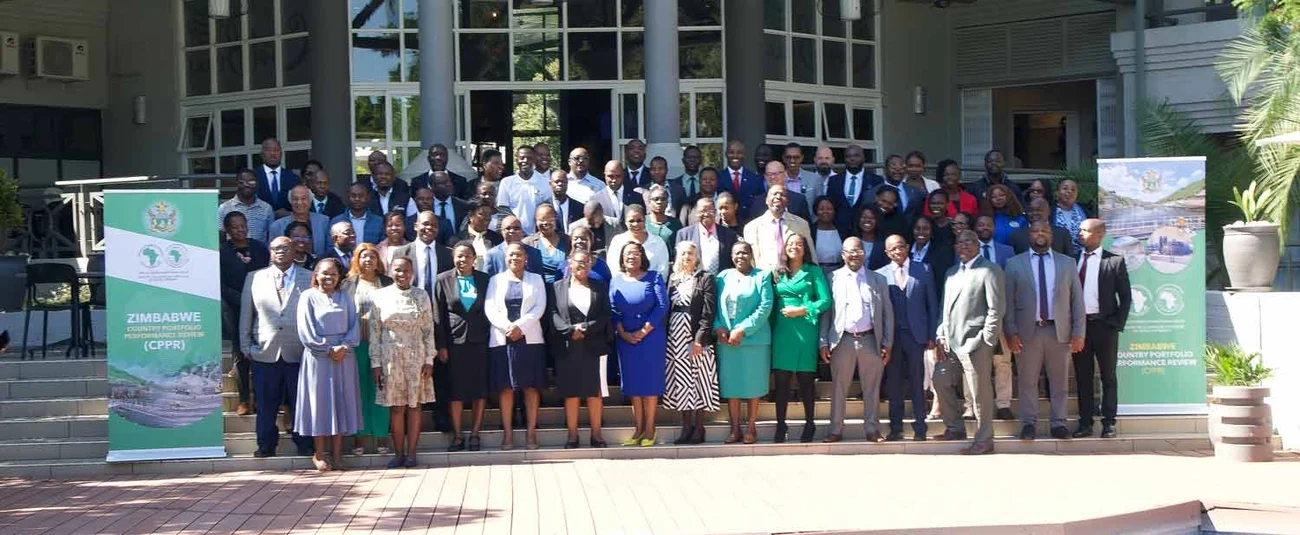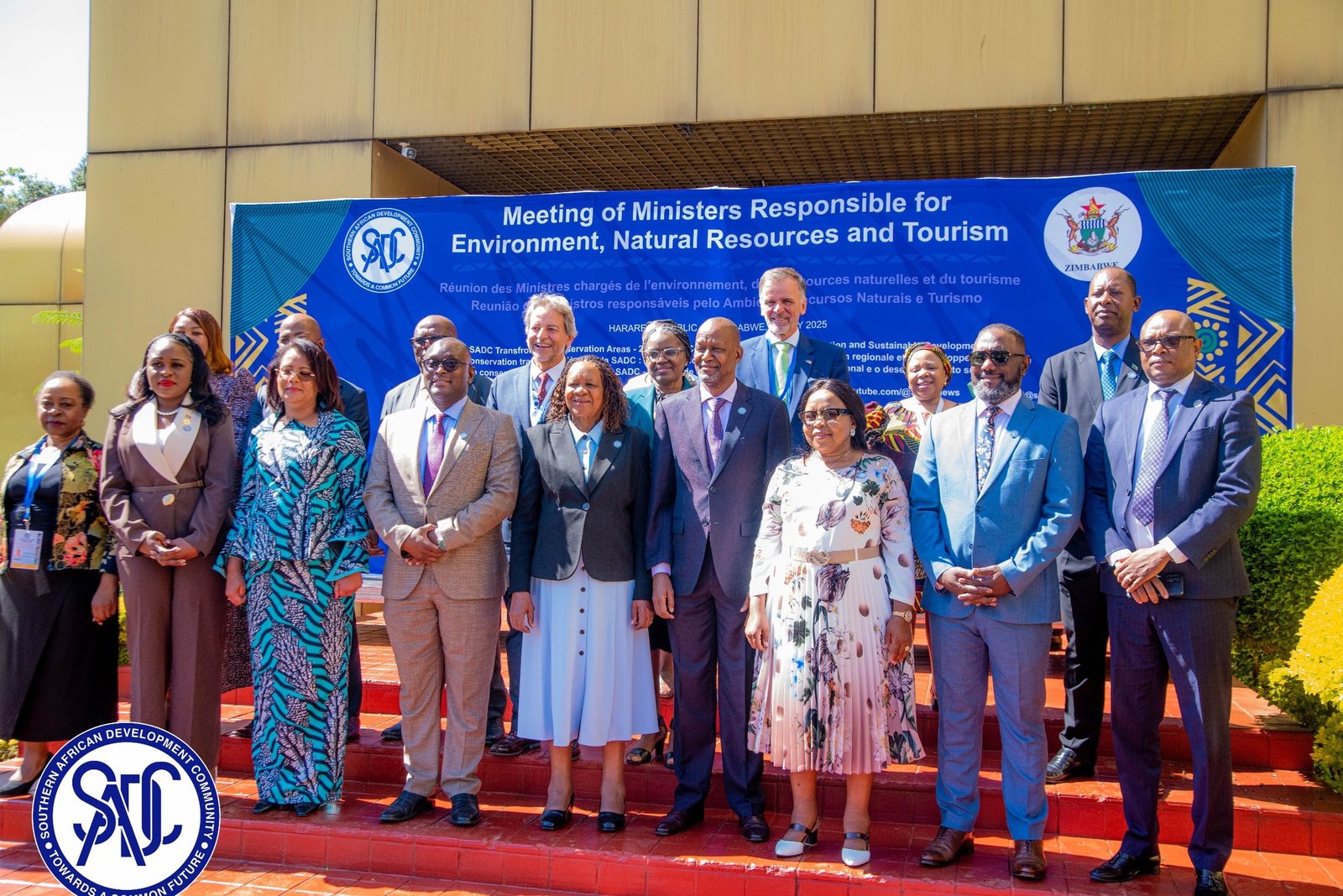The Zimbabwean government has set a preliminary target of planting 120,000 hectares of wheat for the 2025 winter season, maintaining the same hectarage as last year in hopes of replicating a successful harvest.
To bolster production efforts, authorities have mobilized adequate tillage equipment and are collaborating with the Zimbabwe Electricity Supply Authority (Zesa) to ensure a reliable power supply for irrigation.
Leonard Munamati, acting chief director of Agricultural and Rural Development Advisory Services (ARDAS) in the Ministry of Lands, Agriculture, Fisheries, Water and Rural Development, confirmed that preparations are well underway and the final target will be announced by Minister Dr. Anxious Masuka after consulting with experts.
“We have started preparations for the 2025 winter cropping programme.While we worked with the 120 000ha target from last season, for 2025, the target will be announced by the Minister (Dr Anxious Masuka) after his considerations from the advice from experts,” he stated.
The government is actively engaging key stakeholders, including farmers, financiers, and input suppliers, to ensure a smooth winter cropping program.
Munamati emphasized a multi-faceted funding approach, incorporating support from the private sector, contract farming schemes, and government-backed initiatives.
“Wheat will be grown under the private sector scheme. We are going to have farmers growing wheat under the National Enhanced Agricultural Productivity Scheme, currently funded by banks like AFC, CBZ and NMB.” he noted.
Meetings with stakeholders are already in progress to secure critical inputs such as seed, fertilizer, and water through the Zimbabwe National Water Authority (Zinwa). Munamati highlighted the importance of a stable power supply for irrigation, urging farmers to submit their meter numbers and GPS locations for power ring-fencing.
To further assist farmers, AFC will provide tractors to those without access to them, and preparations are being made to ensure adequate combine harvesters are available to swiftly clear the irrigated maize crop, allowing ample time for wheat planting.
Efficient water management remains crucial, with Munamati urging farmers to coordinate with Zinwa to align water availability with their planned hectarage.
“We encourage farmers to be in touch with Zinwa to ensure the amount of water in their dams corresponds with the hectares they intend to cultivate, preventing any potential shortages.”
This winter cropping season will also prioritize increased production of potatoes and barley as part of the government’s import substitution program.
“We are targeting to increase potato production this year, building on last season’s success,” Munamati stated.





